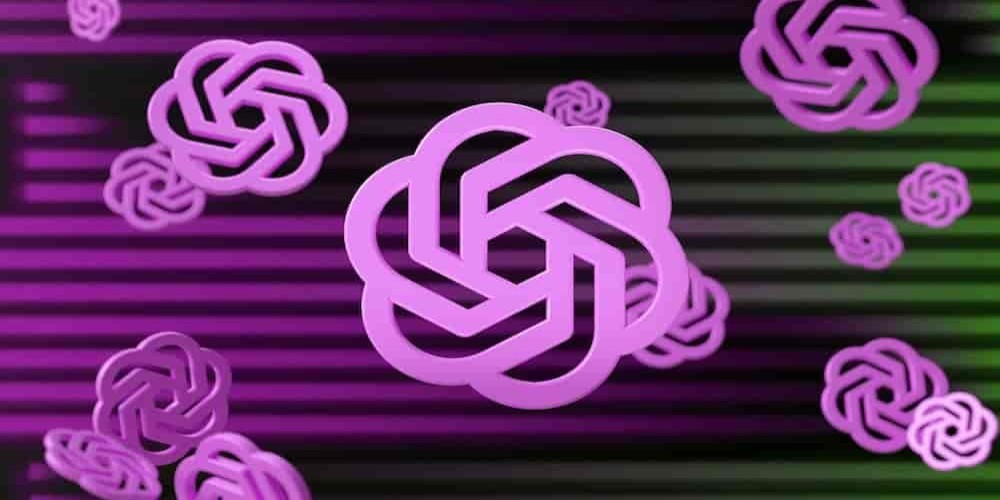OpenAI Counters New York Times Claim Alleging Exploitation of ChatGPT Bug
Feb-29-2024

In a recent controversy, OpenAI, the creators of the advanced language model ChatGPT, addressed allegations put forth by The New York Times regarding potential copyright infringement through an intriguing turn of legal tactics. With accusations of a "hack," the dynamics between AI developers and media giants have entered a new phase, spotlighting the complexities of AI-generated content and the struggle to protect copyrighted material in the era of ever-advancing machine learning models. The legal response by OpenAI sheds light on the challenging ethical and technical issues arising within the AI industry as it converges with the realm of journalistic content creation.
OpenAI crafted a narrative of defense centering on the assertion that The New York Times used unconventional methods, straying far from average user interaction, to extract rare outputs from ChatGPT. Within the framework of litigation, these unusual methods were said by OpenAI to exploit a known flaw, thereby undermining the legitimacy of the Times' claim. This defensive stance not only speaks to the lengths to which OpenAI goes to uphold its terms of service but also raises the question of fair use when it comes to the nuanced outputs of AI models. Additionally, OpenAI critically pointed out the lack of collaborative effort from The New York Times to report or address the exploited bug, which may have allowed for corrective actions to be taken earlier.
The Times' approach in documenting evidence against ChatGPT – by reportedly generating thousands of outputs – has XAI's legal counsel questioning the integrity of the process employed to obtain these results. Highlighting these efforts as extensive, the company claims the nature of the interactions with ChatGPT was geared towards the facilitation of the AI’s least typical and most extreme behaviors. Through this lens, the suit presents a dilemma that extends beyond the parameters of copyright infringement and delves into the realm of ethical AI testing and exploitation.
As OpenAI steadfastly defends its innovative technology from claims of copyright infringement, the unfolding scenario illustrates the challenges of demarcating lines of responsibility and ownership in the increasingly intricate interplay between AI and human-generated content. Without dismissing the importance of copyright protection, OpenAI's defensive maneuvers position the communication between AI developers and content creators as pivotal. The rebuttal signifies a commitment to the integrity of AI models while advocating for a partnership-oriented approach to rectify potential misuses and model limitations. As the case progresses and the AI industry continues to evolve, it is imperative that a balance be struck that honors both technological progress and the sanctity of creative rights.







